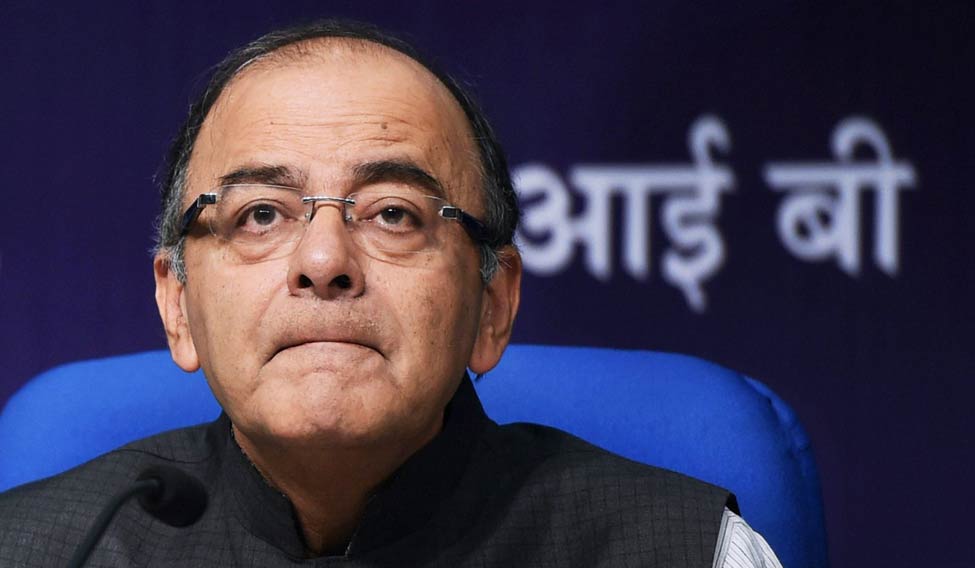An informal meeting of the Goods and Services Tax (GST) Council here on Sunday remained stalled on the issue of dual control, or cross-empowerment, on who will exercise control over GST assessees -- the Centre or the states.
"The meeting has remained incomplete. Discussions will continue on November 25," Union Finance Minister Arun Jaitley, who chairs the GST Council, told reporters after an over three-hour-long meeting here with state Finance Ministers.
Under the new pan-India indirect tax regime proposed by GST, states want the right to control all assessees with up to Rs 1.5 crore annual turnover.
At its previous meeting here earlier this month, the GST Council decided on a four-slab tax rate, but the meeting could not arrive at a decision on the issue of dual control.
Jaitley had then called for a political push for resolution of the contentious control issue and fixed November 20 for an informal meeting in this regard.
Following the Sunday meeting, Jaitley said that it was decided that officials will meet again tomorrow before the next meeting of the Council on November 25.
The government has targeted implementing the GST from April 1, 2017.
GST is a single indirect tax that proposes to subsume most central and state taxes, like the value added tax, service tax, central sales tax, excise duty, additional customs duty and special additional customs duty.
Meanwhile opposition parties gearing have been attacking the government, both in parliament as well as outside, on its demonetisation move, which has placed a question mark on the future of the proposed GST.
The Congress has said it will oppose GST in the ongoing winter session of Parliament if four slabs of taxation up to 28 per cent are introduced.
"The Congress party has always maintained that the 18 per cent cap on GST should not be increased, as it will lead to further inflation and people will suffer," Congress spokesperson Randeep Singh Surjewala told reporters here earlier this week.
The target rollout of GST will depend on the passage of the Central GST and the Integrated GST (IGST) bills in Parliament and the state GST bills by the respective states.
Parliament and state assemblies have the right to accept, or reject, the Council's recommendations in their GST Bills.
India Inc has pitched for an 18 per cent standard rate on the ground that this rate will generate adequate tax buoyancy without fuelling inflation.




